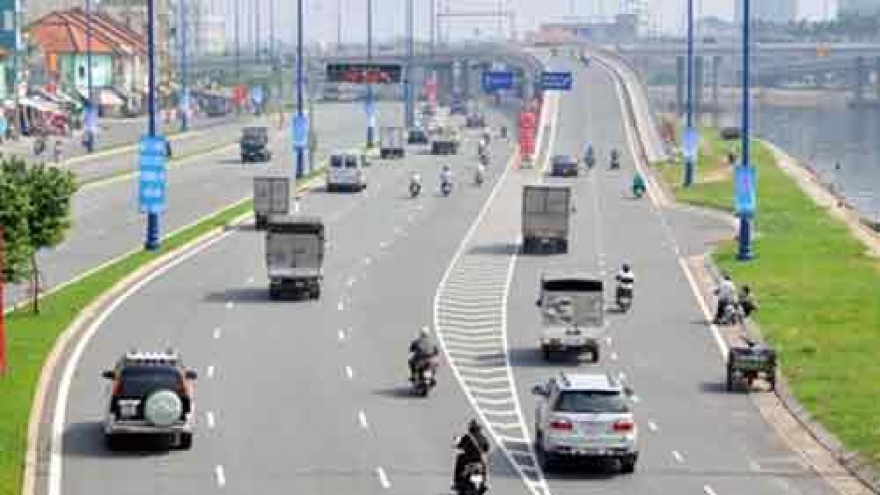Deputy PM stresses need to speed up ODA disbursement
Hastening the disbursement of official development assistance (ODA) and preferential loans remains a huge task for the remaining two months of this year in the context of increasing public debts and limited resources, said Deputy Prime Minister Pham Binh Minh.
 |
Minh, who is also head of the National Steering Committee for ODA and Preferential Loans, emphasised the need to disburse more than US$22 billion of ODA and concessional loans committed to Vietnam for 2017-2020.
He explained that slow implementation and disbursement could result in higher project costs.
The Deputy PM urged ministries, agencies and localities to prepare for the projects and fulfill their commitments regarding compensation, land clearance, human resources and corresponding capital, noting that land clearance is a big problem for infrastructure projects.
With attention on the use of ODA and concessional loans, the Vietnamese Government has taken steps to speed up the disbursement and raise the efficiency of the capital, he said.
The official cited Government Resolution No. 60/NQ-CP on hastening the actualisation and disbursement of public investment capital in 2016 and the Law on International Treaties with regulations concerning the signing of international treaties on ODA.
At the workshop, World Bank (WB) Country Director for Vietnam Ousmane Dione, on behalf of the Asia Development Bank, the French Development Agency, the German Development Bank, the Japan International Cooperation Agency, Korea Exim Bank and the WB, pledged further support to Vietnam.
He expressed his belief that Vietnam and the banks will join hands in addressing problems in carrying out these projects.
According to the Ministry of Planning and Investment, as of September 2016, over US$4.9 billion of ODA and concessional loans were committed to Vietnam, representing a 1.8-fold rise year-on-year.
Of the figure, only US$2.68 billion was disbursed, equivalent to 81.4 percent of the amount from the same time last year.
The projects mainly focus on transport, water supply and sewage, environmental hygiene, urban development and climate change response.
The ministry blamed the lack of corresponding capital, complicated institutional regulations and difficulties in land clearance for the sluggish implementation and disbursement of the loans.



